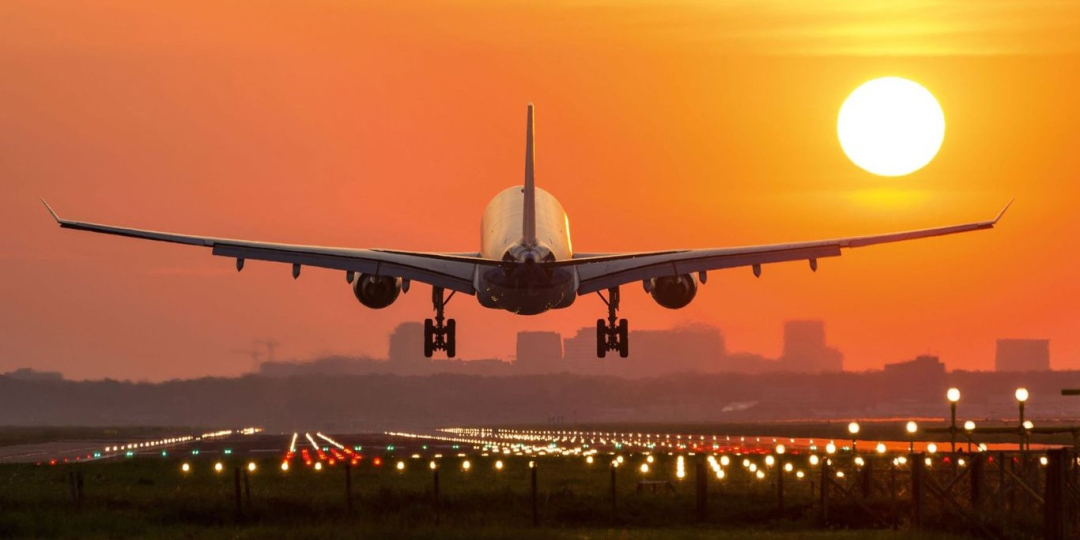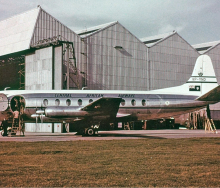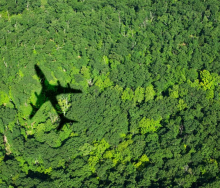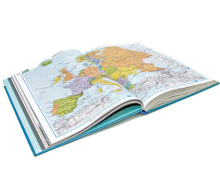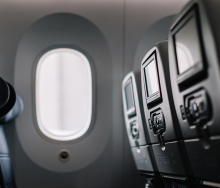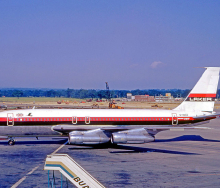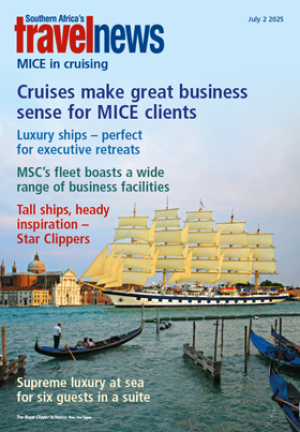This column was written in collaboration with Bwanika Lwanga, Monique Bezuidenhout and Bonolo Matjila, the Dentons Aviation and Aerospace Sector team.
The ongoing ownership dispute involving FlySafair has shed light on the South African aviation regulatory landscape. At the core of these considerations is whether South Africa’s stringent ownership requirements remain viable in today’s globalised economy.
Safeguarding local ownership of national airlines through legislation ensures that these strategic assets remain under domestic control, which is crucial for maintaining national security, economic sovereignty, and protecting local jobs. This approach also helps to ensure that the airline's operations align with national interests and priorities. Although South Africa is not isolated in its requirements for limiting foreign ownership, it could benefit from increased liberalisation in its ownership requirements.
Internationally, many countries have adopted more liberal policies regarding foreign ownership of airlines, with common practice limiting foreign investment to 49%, compared with 25% in South Africa. Countries with more liberal ownership requirements have seen benefits from implementing less stringent regulation.
Regional landscape
South Africa's stringent foreign ownership cap of 25% for national airlines stands in stark contrast to the more liberal policies of other African nations.
For instance, Kenya and Nigeria both allow up to 49% foreign ownership, fostering greater foreign investment and economic collaboration. Morocco also permits up to 49% foreign ownership, which has contributed to its robust aviation growth. In more quantifiable terms, Qatar Airways is nearing the finalisation of acquiring a 49% stake in RwandAir, which, compared with its 2024 acquisition of a 25% stake in South African airline Airlink, directly illustrates the financial, infrastructural, and collaborative limitations created by South Africa's current legislative restraints.
By relaxing its foreign ownership threshold to 49%, South Africa could similarly attract substantial foreign investment, boosting the competitiveness and resilience of its aviation sector. This shift could lead to increased capital inflows, job creation, technological advancements, and enhanced global connectivity, ultimately benefiting the broader economy.
Considering other developing nations on the continent whose aviation industry is comparable to that of South Africa, we find there is an alignment with international practice between countries like Kenya, Nigeria and Morocco, where majority local ownership is interpreted to be at least 51%, capping foreign ownership at 49%.
Balance
In considering the viability of amending existing legislation in comparison to international standards it is worth considering all potential impacts. By maintaining the prevailing ownership requirements, South Africa ensures that domestic airlines remain under local control, which is crucial for national security and economic sovereignty. Foreign ownership also brings about risk considerations such as potential loss of control over strategic assets and increased vulnerability to foreign market fluctuations.
Reassessment
The FlySafair ownership dispute underscores the need for the sector to reassess its aviation ownership laws. By introducing flexibility into existing legislation and aligning more closely with international norms and treaties (such as the Yamoussoukro Decision of 1999), South Africa can create a more competitive and resilient aviation sector. Ultimately, a balanced regulatory framework that safeguards national interests while embracing global standards is essential for the sustainable development of South Africa's aviation industry.
This dispute has highlighted how imperative it is for policymakers to consider these factors and work towards a solution that benefits all stakeholders involved. While FlySafair may be navigating through some turbulence now, the effects of revising existing legislation could ultimately chart the flight path for South Africa's broader aviation industry.

